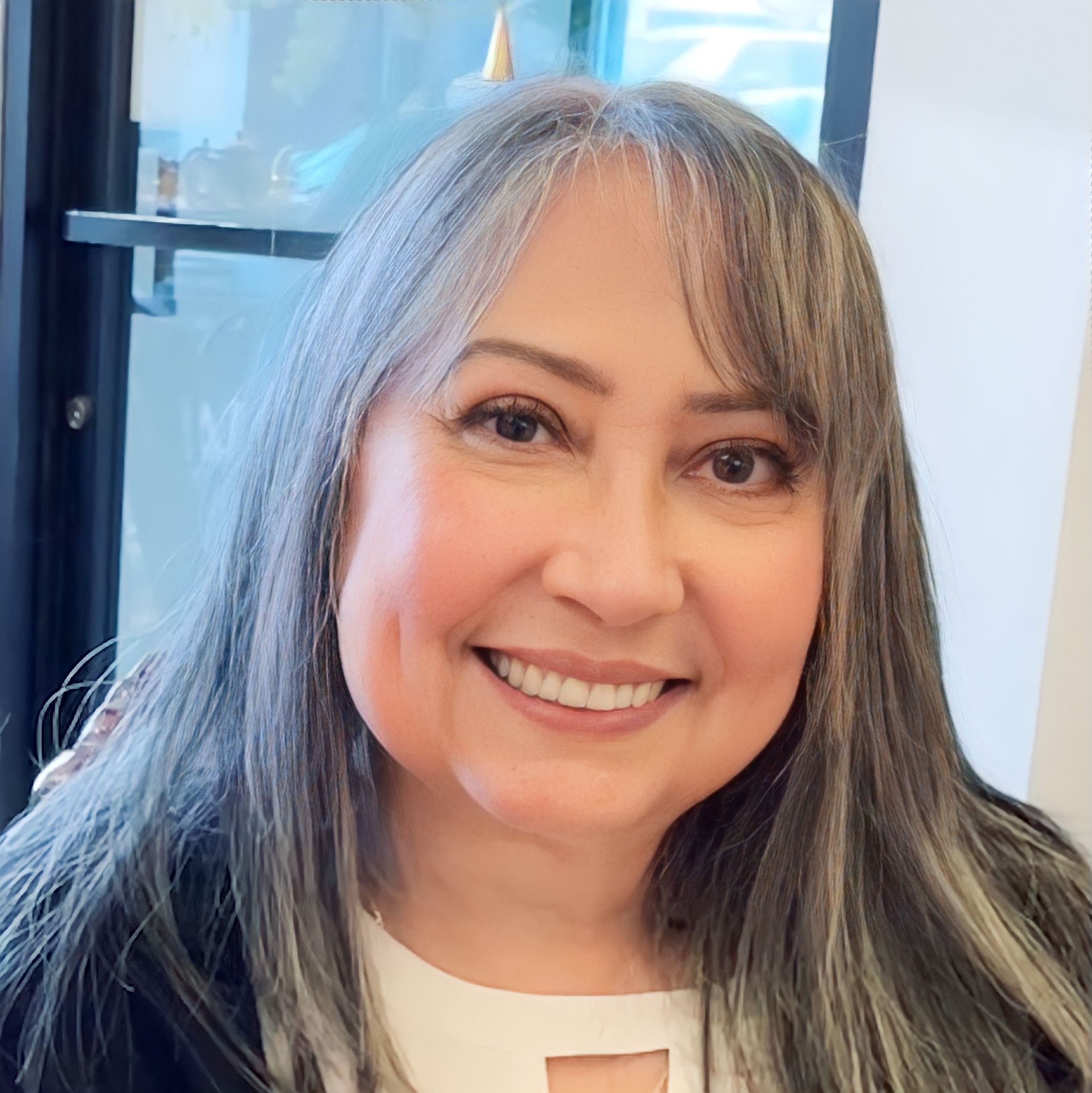Tend to Your Family and Yourself
Thirty-seven years ago, my middle child was born. Early on, it was clear that she had special needs but it wasn’t until kindergarten that she was diagnosed with a form of autism and intellectual disability. At that time, there were fewer resources for persons with special needs than there are now. Since our now-nine-year-old grandson was diagnosed with autism and ADHD, both his health care providers and his teachers have been able to provide him and his parents with a strong support system to enable him to reach his full potential.
These are not unique situations.
In 2019 (the latest figures available), the U.S. Census Bureau reported that 4.3% of children under the age of 18 have some type of disability. Among BIPOC communities, the percentage is even higher.
As people of faith, we affirm that all persons are created in the image of God, with inherent dignity and worth. As parents and caregivers, we also recognize the unique challenges special needs children face throughout their lives, which require careful long-term planning. Here are some questions to help you as you plan, both now and in the future.
How will my dependent child’s health care needs be met?
- Under the Affordable Care Act (ACA), your child is covered under your plan until age 26. Dependents older than 26 whose mental or physical disability makes them incapable of self-support may continue coverage under your health plan, provided the disability existed before they turned 26. The UCC Non-Medicare Health Plan provides coverage for dependent children with disabilities for as long as you are covered by the Plan.
- Dependent children with special needs may be eligible for coverage under Medicaid, a health care program for persons with limited income and resources administered by state. Check with your state Medicaid agency or your state or county social services office for information and eligibility requirements.
- Persons who qualify for Social Security Disability Insurance (SSDI—see below) benefits are eligible for Medicare coverage after a 24-month waiting period. Permanently disabled dependents whose disability began before age 22 and who are unable to work and support themselves may apply for Medicare and SSDI based on a parent’s Social Security record.
Is my disabled child eligible for supplemental income programs?
- Supplemental Security Income (SSI) is available to disabled children and adults. For children under 18, disability is defined as medically determinable physical or mental impairment (including an emotional or learning problem) resulting in marked and severe functional limitations. Adults over 18 are considered disabled if their impairment results in the inability to engage in any substantial gainful activity. Additional eligibility requirements may be found on the SSI website.
- A disabled adult child may be eligible for Social Security Disability Income if their parent is deceased or is receiving Social Security retirement benefits. SSDI benefits are paid based on the parent’s earnings record; there is no work requirement for the adult disabled child.
- Many families create a Special Needs Trust or Supplemental Needs Trust for their disabled child. These trusts can be set up to ensure that their government-sponsored benefits, such as Medicare, Medicaid, SSI, or SSDI, are not affected. A Supplemental Needs Trust may be funded by gifts, inheritances, or proceeds of a life insurance policy (including the UCC Life Insurance and Disability Income Benefit Plan). Visit the Special Needs Alliance (SNA) for more information.
Will my disabled adult child be able to live independently?
- It depends on the nature of the disability. Some adults are able to live independently. A shared-living arrangement, group home, assisted living, or skilled nursing facility are options for persons needing a higher level of care. The Special Needs Alliance website has helpful information about the different kinds of living arrangements for adults with disabilities.
Who will take care of my child when I’m gone?
- This can be a difficult decision. Some parents may be unaware that the age of majority (18 in most states) applies to disabled adults as well. If your child lacks the capacity to care for themselves independently (including managing medical or financial decisions), you may petition the court for guardianship before they reach age 18. Normally, parents are appointed as primary guardians, but primary guardians also can include co-guardians, such as an adult sibling or other trusted person who can make decisions on behalf of your disabled child when you are no longer able to, or upon your death. Guardianship laws vary from state to state. The Special Needs Answers website offers basic information on guardianship.
How will caring for a special needs child impact my ministry?
Parenting a special needs child is challenging. It can also be a blessing, as you learn more about your child and about yourself. You are your child’s strongest advocate.
Work/life balance is always important, but even more so when family responsibilities include caregiving. In your ministry setting, work to establish clear boundaries and expectations. Take advantage of your time off to tend to your family and yourself.
If you are in parish ministry, work with your church leaders to create a congregation that is welcoming to persons with disabilities and their parents and families. Think of ways to adapt Sunday School lessons for persons who are cognitively or developmentally impaired. Work to make your church accessible to persons with physical disabilities.
Above all, recognize and cherish the diverse gifts that disabled persons bring to your life, your family, and the ministry to which you have been called.

